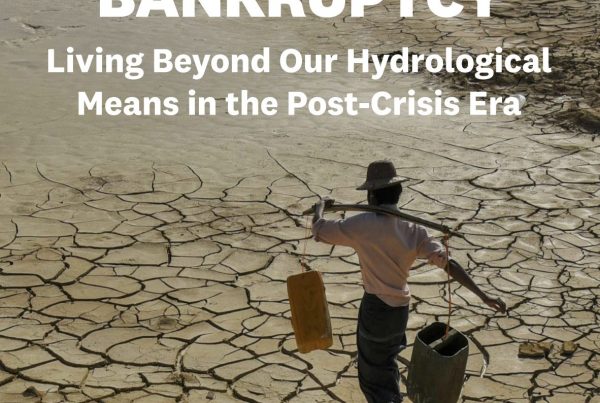
In the realm of sustainability, whispers of doubt and skepticism linger. However, the Environment, Social, and Governance (ESG) movement continues to unfold as an unstoppable force, propelled by the convergence of impact investors and transformative regulations. So significant is the impact that nothing short of 49,000 European companies will be legally required to report on a wide range of sustainability issues from 2024 in line with the Corporate Sustainability Reporting Directive (CSRD). By contrast, the ESG regulatory setting in the US is fraught with uncertainties and hostilities. Despite the lack of universal acceptance, a seismic shift is underway, and a total ESG revolution that will redefine business norms, reshape markets, and chart a sustainable course for the future is on the horizon.
ESG refers to metrics by which corporations’ sustainability performances in business operations are measured. While the concept is firmly embedded in EU laws and practices, it remains contentious in the United States, with about fifty per cent (50%) of states pushing against ESG policies and implementation. It may seem trivial for some to dismiss ESG concerns, but business and regulatory trends suggest that such efforts will eventually be rendered futile.
From the business angle, there is a heightened awareness of ESG among investors and consumers, resulting in an increased demand for sustainable products and services. The majority of investors appear concerned about and more aware of broader sustainability issues. A while ago, the term “sustainability” in investing was primarily attributed to environmental issues. There is now a much needed and improved focus on “social” and “governance” as well, with investors identifying themes such as employee welfare, community development, and governance structures. Also, Banks and other financial institutions are more wary about business endeavors they finance. As a result, controversial businesses such as fossil fuels and firearms production are heavily scrutinized. Looking to the next generation, there is an overwhelming preference for ESG products. Gen Z investors account for 28% of sustainable investment inquiries, with an expected two-fold increase in ESG investments over the next few years. This means that ESG-conscious corporations will receive a more significant share of investor funds. Ultimately, it would be tasking for business endeavors that lack (robust) ESG strategies to pull funds as more investors would be compelled to follow popular and profitable trends even if they remain unconvinced about the principles of ESG.
The conception of the CSRD in Europe and the existence of some form of ESG legislation in US states (whether pro or anti) outline the importance of regulation in shaping ESG development. Though the US Senate has a current clampdown on ESG – to refocus investments on returns instead of sustainability, ESG practices will likely soar. The author envisages an impasse, possibly a clash with foreign regulations such as the CSRD. From 2028, the regulation requires non-European companies that generate an annual net turnover of 150 million euros in the EU and have at least one subsidiary or branch in the EU to report on material ESG issues annually. This applies to about a third of American corporations, and failure to comply effectively places such businesses at risk in the EU. The regulation demands major modifications to companies’ business operations, especially those currently bankrupt of ESG considerations. To place this in perspective, it would be difficult for a company to maintain sustainable standards in the EU while focusing squarely on profits elsewhere. In addition to financial risks, issues such as greenwashing and loss of investor confidence may arise, facilitating reputational risks.
The ESG revolution is here and wields tremendous powers, with companies increasingly being legally obliged to report on sustainability and global investors seeking ESG products and services. The need to adapt is paramount and requires immediate action. When all has been said and done, those who fail to embrace sustainable change may find themselves left behind in the face of this unstoppable force.
Keep up with other issues at the forefront of the ESF Foundation’s attention on LinkedIn: https://www.linkedin.com/company/the-esg-foundation/
Twitter: @esgfoundation
And also on the ESG Podcast: https://esgfoundation.org/esg-podcast



